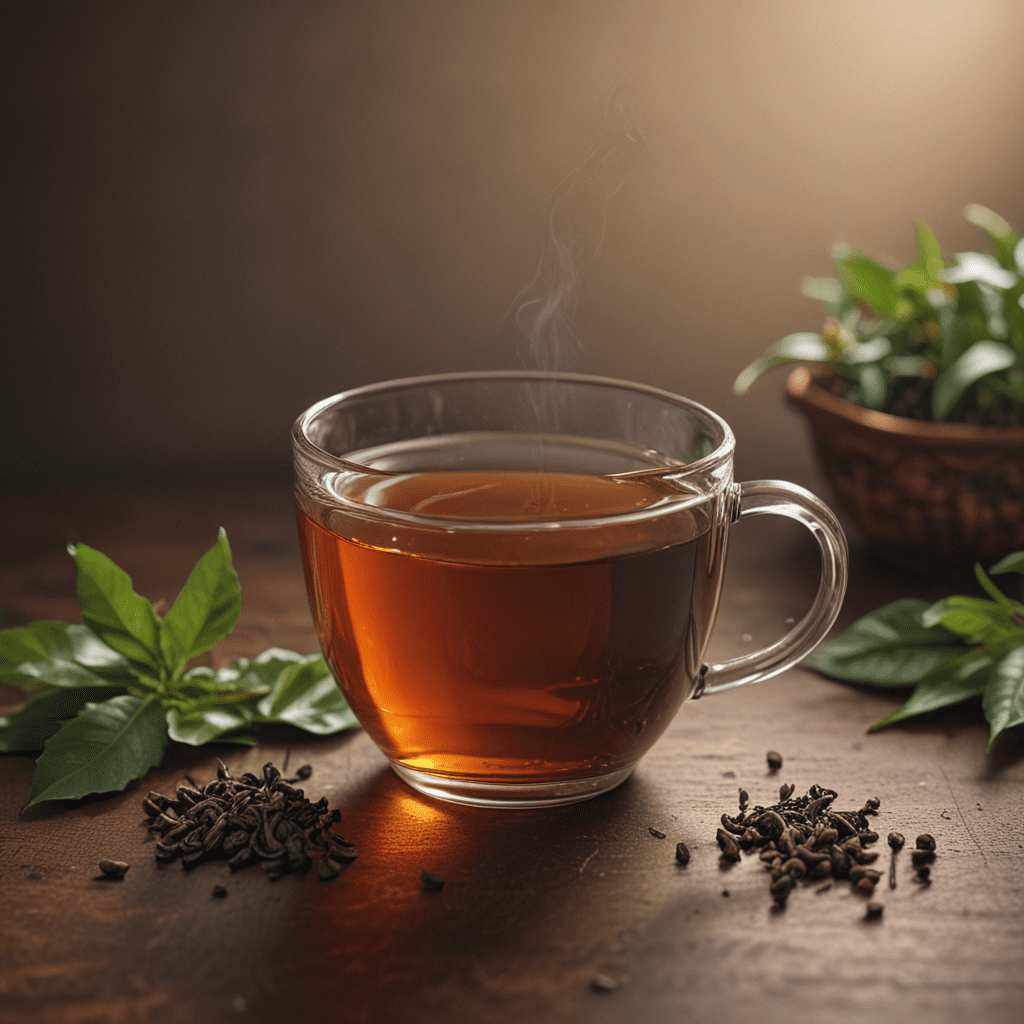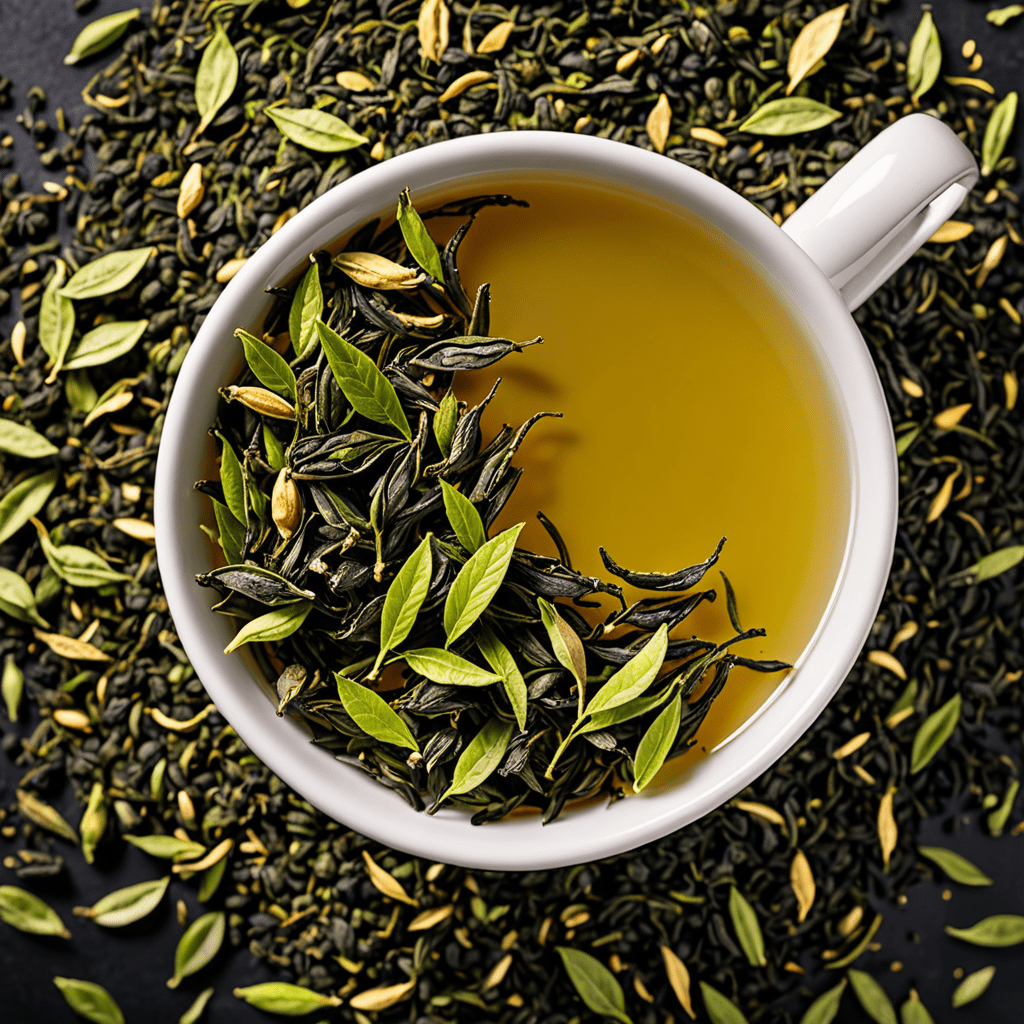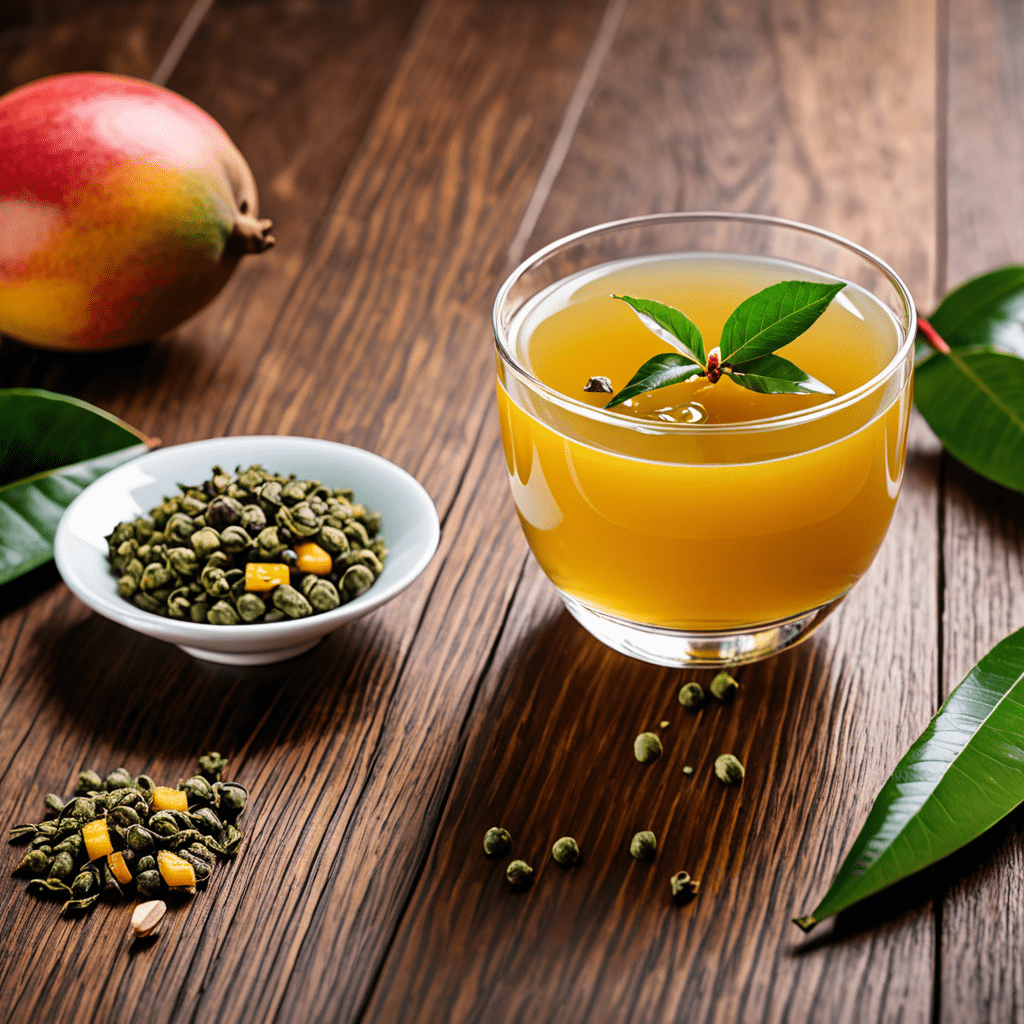Assam Tea: The Spirit of Indian Tea Culture
History and Origins
Assam tea, the quintessential tea of India, holds a significant place in the country's history and cultural heritage. Its origins can be traced back to the 1820s, when British tea planters discovered wild tea trees growing in the Brahmaputra Valley of Assam. These native trees, known as Camellia sinensis var. assamica, exhibited exceptional vigor, adaptability, and yield potential.
Cultivation and Growing Conditions
Assam tea is primarily cultivated in the Brahmaputra Valley, which benefits from a unique combination of climatic and soil conditions. The region's tropical climate with ample rainfall and sunshine creates an ideal environment for tea growth. The well-drained alluvial soils, rich in organic matter, provide essential nutrients for the tea plants to flourish.
Varieties and Characteristics
Assam teas are renowned for their bold and full-bodied flavor profile, attributed to the unique growing conditions and processing techniques. The most common varieties include:
- Assam CTC (Crush, Tear, Curl): Produced using a mechanical process that results in smaller, compact leaves with a strong, malty flavor.
- Assam Orthodox: A traditional method of processing that involves hand-rolling the tea leaves, creating larger, loose leaves with a nuanced and complex flavor.
Harvesting and Processing
Assam tea is typically harvested twice a year, during the spring and autumn seasons. The leaves are plucked by hand or machine and then processed to remove moisture and shape the tea leaves. The processing steps vary depending on the desired variety, with CTC teas undergoing crushing, tearing, and curling, while orthodox teas are rolled and fired.
6. Health Benefits and Medicinal Properties
Assam tea is not only a beverage but also a potential source of health benefits due to its rich antioxidant content. Studies have shown that it may possess anti-inflammatory, anti-cancer, and cardioprotective properties. The presence of polyphenols, such as epigallocatechin gallate (EGCG), has been linked to these health-promoting effects.
7. Cultural Significance and Traditions
Assam tea is deeply intertwined with the cultural fabric of the region. Tea gardens are an integral part of Assam's landscape, providing a picturesque tapestry of rolling hills and verdant greenery. The Assam Tea Festival, held annually, celebrates the heritage and traditions of tea cultivation in the state.
8. Economic Impact on Assam
The tea industry is a significant economic driver for Assam. It provides employment to a large number of people and contributes substantially to the state's revenue. The export of Assam tea to global markets also generates foreign exchange earnings for the country.
9. Threats and Challenges to the Industry
The Assam tea industry faces several challenges, including climate change, rising labor costs, and fierce competition from other tea-producing regions. Climate change poses a threat to tea cultivation, as extreme weather events and changing rainfall patterns can affect crop yields and quality.
10. Sustainability and Future Prospects
To ensure the sustainability of the Assam tea industry, efforts are being made to promote responsible farming practices, conserve water resources, and reduce environmental impact. Research and development initiatives focus on improving tea quality, adaptability to changing conditions, and exploring new value-added products.
FAQ
What is the difference between Assam CTC and orthodox tea?
- CTC tea is processed using machines, resulting in smaller, compact leaves with a strong, malty flavor, while orthodox tea involves hand-rolling the leaves for a larger, loose-leaf format with a more nuanced flavor.
What are the health benefits of Assam tea?
- Assam tea contains antioxidants that may provide anti-inflammatory, anti-cancer, and cardioprotective effects.
How does the Assam Tea Festival celebrate tea culture?
The festival showcases the traditional methods of tea cultivation, promotes local artisans and their tea-related products, and organizes various cultural performances and competitions.
- What are the challenges facing the Assam tea industry?
- Climate change, rising labor costs, and competition from other tea-producing regions present significant challenges to the industry.



